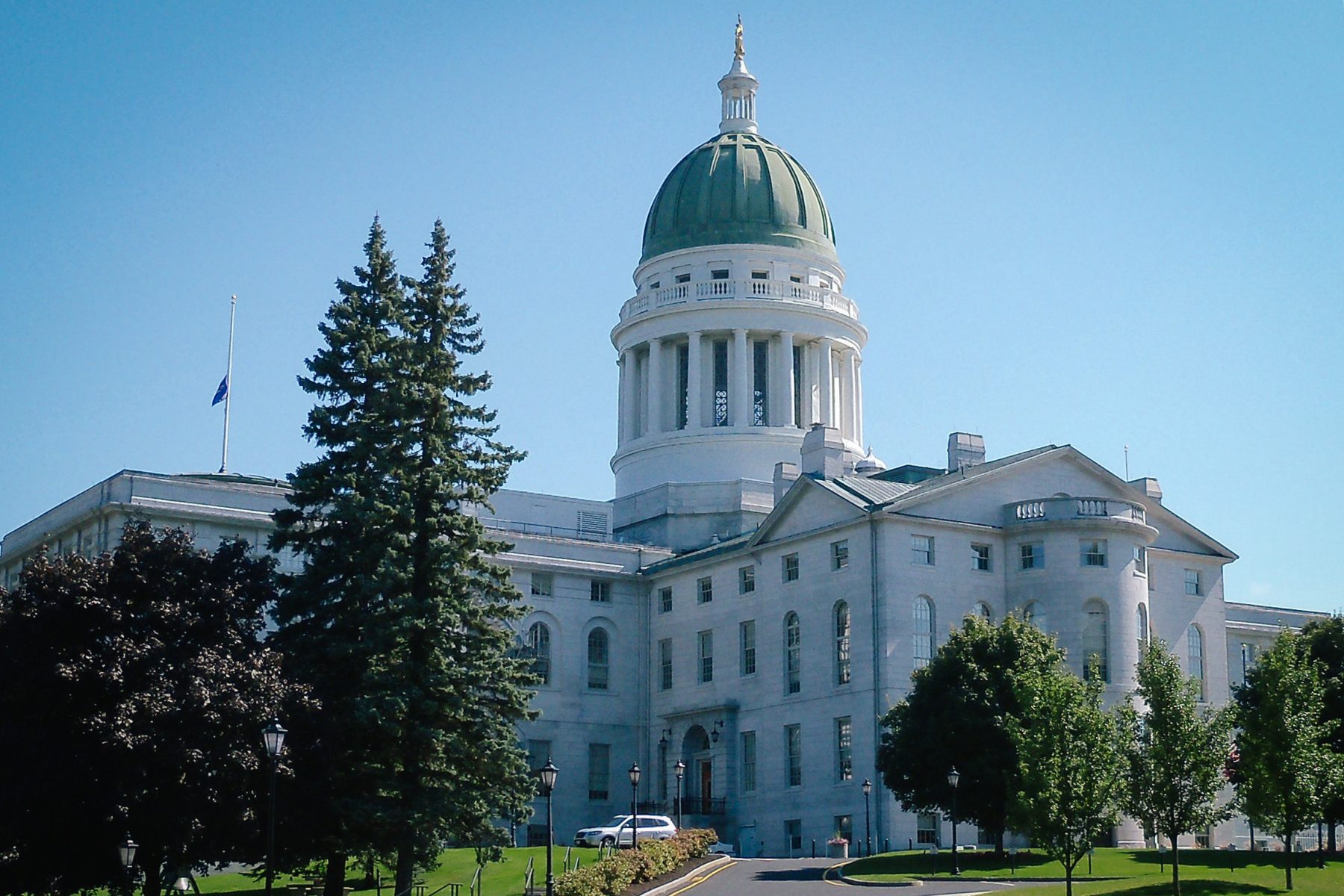The gravity of the 2020 election and the ongoing Covid-19 pandemic make the experience of being a first time voter even more daunting this year. After years of bitter campaigning and a seemingly interminable election cycle, the election comes down to its final and determining day: November 3rd. Americans have had weeks in some cases to submit their ballots beforehand by mail or vote early in person; however, what makes this day dramatic and conclusive is its historical significance in the definitive characteristic of democracy: the people’s choice. What is different about this year is that it will, most likely, not be decisive in its pronouncement of a clear victor, something which, while Americans have become accustomed to quick results in the modern era, is not at all unusual. Still, today will be the most watched day of the election both domestically and internationally. Election infographics, posts telling followers to “VOTE!,” and the iconic “I Voted” sticker are taking over the Instagram feeds of both Americans and the world. Many first time voters, being college students, are eligible to vote in two locations: their home state and their college state. The question then becomes: why vote at college? The answer comes down to the significance of their vote: within the electoral college system, it can be irrelevant or potentially crucial to deciding an election. In Maine, students have a unique and arguably crucial role in this year’s general election, where the presidential election is close and control of the Senate is up for grabs. However, voting in Maine provides voters the chance to vote in a more democratic system —ranked-choice, something no other state does.
The importance of voting in Maine is more than just a candidate question. While Maine is home to one of this year’s closest U.S. Senate races, it is also one of two states that divides its electoral votes by Congressional district instead of a winner-take-all system. Instead of the winner taking all of the electoral votes, Maine allocates two electoral votes to the state popular vote winner, and then one electoral vote to the popular vote winner in each congressional district (Maine is divided into two Congressional Districts). Brunswick, Portland, and Augusta are some of the major towns in Maine’s 1st Congressional District that has been reliably Democratic-leaning in recent elections. On the other hand, after the 2016 elections, Maine’s 2nd Congressional District was the only district with a Republican representative in the entirety of New England. For this reason, the biggest 2020 election forecasts have Biden heavily favored to win, with the caveat of Maine’s 2nd district possibly tipping in favor of Republicans.
This congressional district method is not the only way in which Maine’s voting system differs from the rest of the country; Maine is also using a ranked-choice voting system this year. This decision came about recently —September 22nd of this year—when Maine’s Supreme Court sided with the state’s Democratic Secretary of State, ending a long legal battle over whether ranked-choice voting should be allowed in federal elections in Maine. Compared to other single-winner system methods, such as a majority or plurality voting system, ranked-choice might seem convoluted and complex. In reality, it is arguably the most democratic voting system.
The biggest advantage to a ranked-choice voting system is that it protects against “spoiler” candidates splitting a party’s vote. A recent example is Green Party candidate Ralph Nader, who received 94,000 votes in Florida and ultimately contributed to Al Gore’s loss in the 2000 presidential election. This happened in Maine as recently as 2010, when a right-wing Republican, Paul LePage, won the gubernatorial election with only thirty-eight percent of the popular vote. The Independent and Democratic candidates split the remaining votes, receiving thirty-seven percent and nineteen percent respectively, leaving a liberal-leaning state with one of America’s “least popular and most divisive governors.” The 2016 national election could even be an example: it was the fifth election in which the loser of the popular vote won his seat in the Oval Office; this time, by almost three million votes. This is the danger of a majority or plurality system— the candidate with the most support and the winner of the election will not necessarily be the same person. Advocacy to adopt a ranked-choice voting system nationwide has been slow to proliferate, but the idea has been backed by many American political icons, most of them Democrats. Senator Elizabeth Warren and Maryland’s Representative Jamie Raskin argued in a September 2020 Boston Globe Op-Ed that ranked-choice ballots would strengthen the principle of majority rule.
In this Op-Ed, Warren and Raskin also offer the idea that adopting a ranked-choice voting system would change politicians’ campaign strategies. The two write, “Ranked-choice voting has another remarkable virtue: Everywhere it has been adopted, it has replaced the politics of personal destruction with positive coalition politics. If two like-minded candidates are running against each other in a large field, they are more likely to work for the second and third choices of their opponent’s supporters by appealing to what they have in common rather than focusing on divisive issues.” In its application to today’s political environment, perhaps the divide between Bernie and Biden Democrats would be less polarized.
Though it is repetitive, the message that voting is important is never redundant. Maine voters know that they have a special stake in determining the future of the country. They can rest easy, not worrying about their vote being insignificant or “spoiling” an election, because of ranked-choice. This system amplifies every voice and allows democracy to succeed in its correct majoritarian form.




